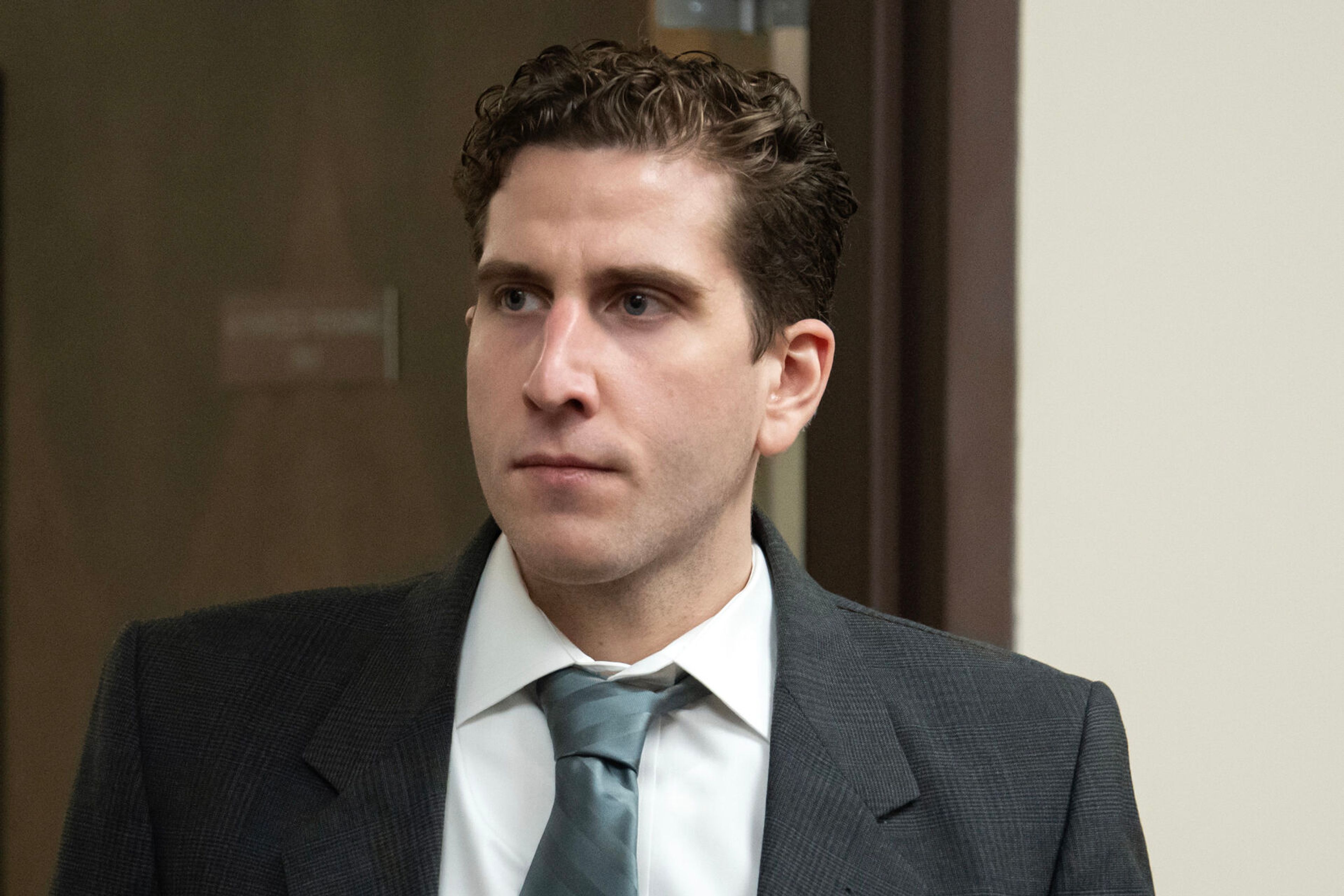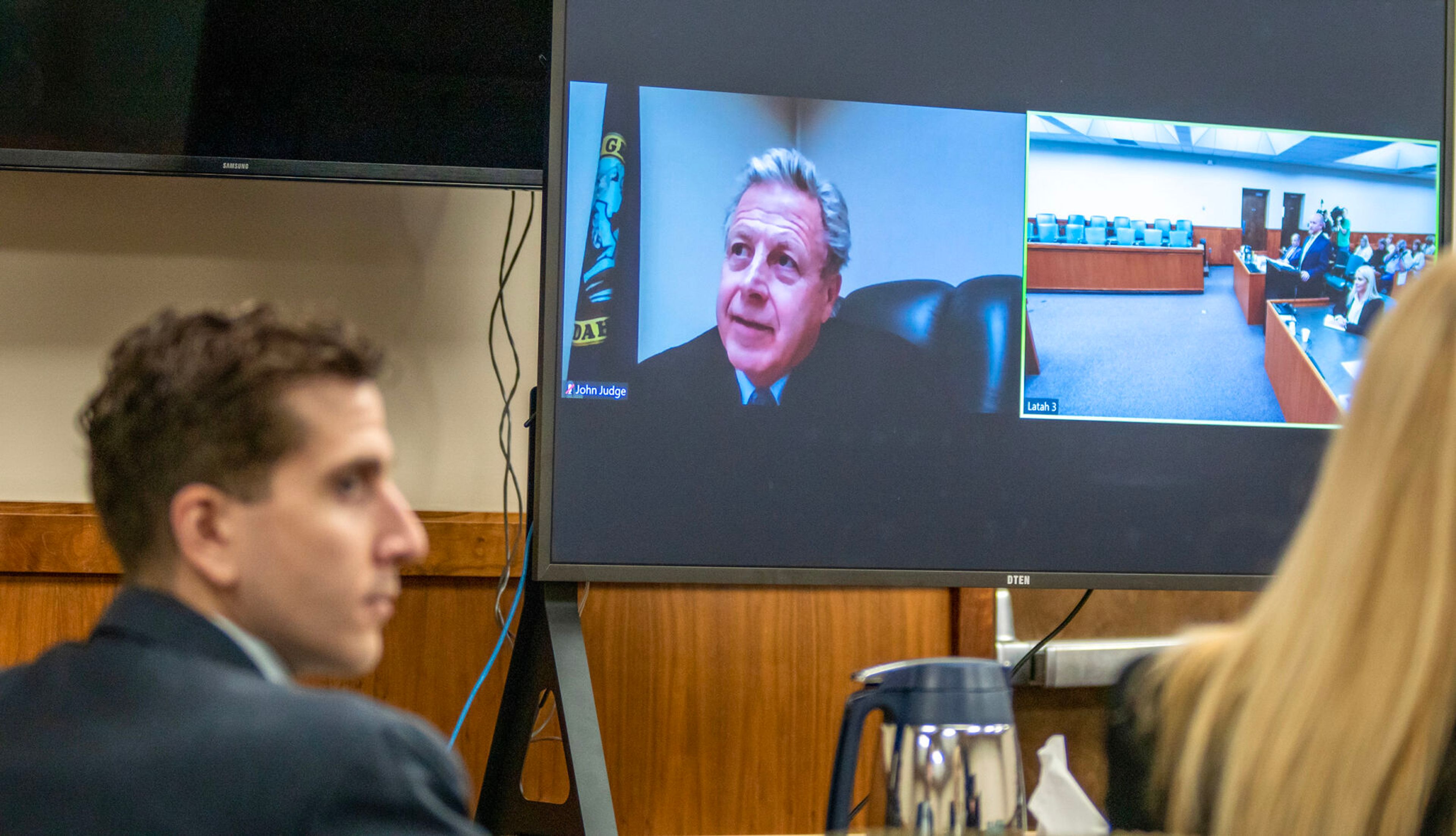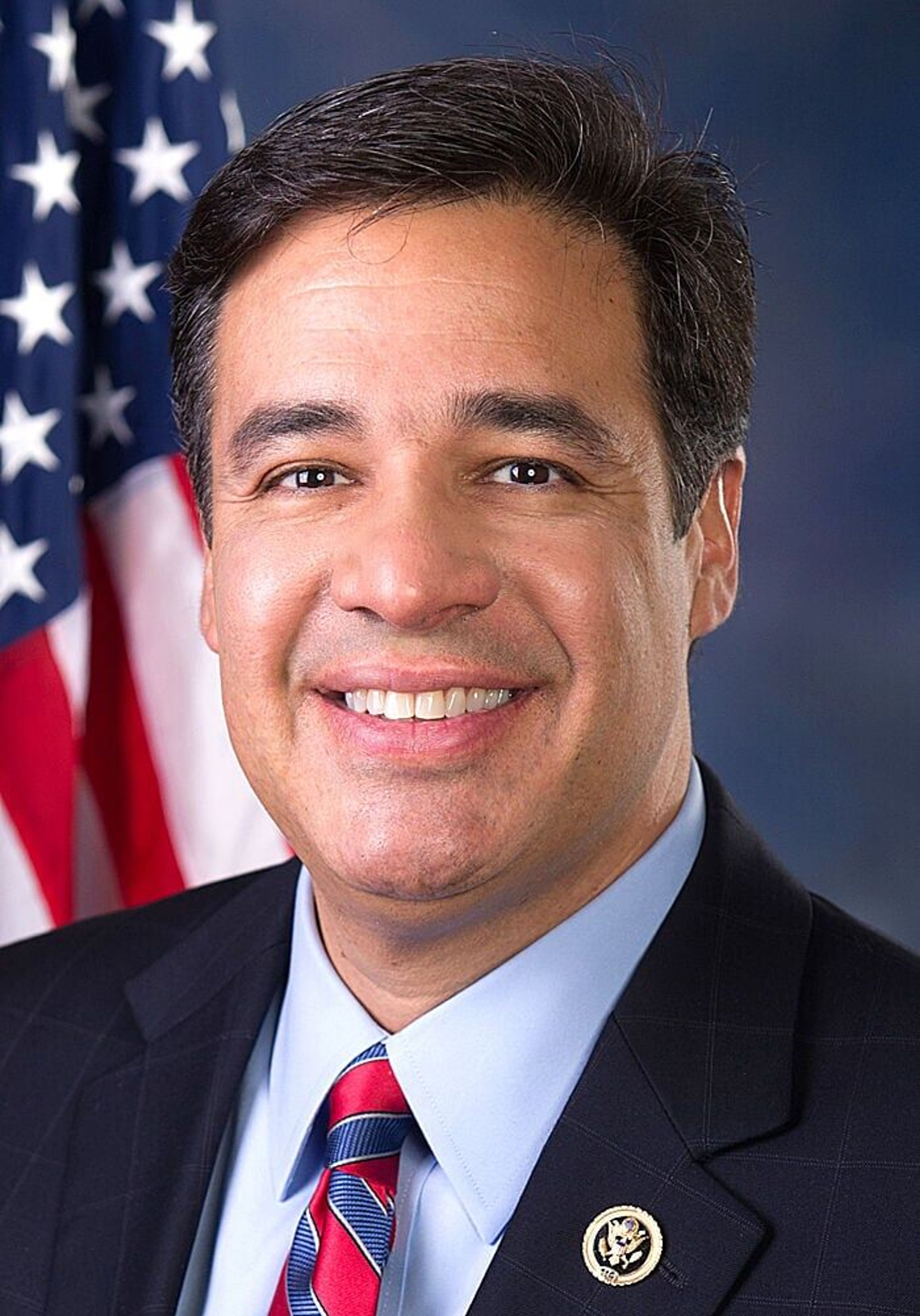Stegner leaving high court, citing low pay
Grangeville native says salaries of Idaho Supreme Court justices are among the smallest in nation
Idaho Supreme Court Justice John Stegner announced Tuesday that he will retire Oct. 31, citing financial considerations.
He said he will return to private practice as an attorney. Then-Gov. Butch Otter appointed Stegner on May 22, 2018, to fill a vacancy created by the retirement of Justice Warren Jones.
“This has been a bittersweet decision,” Stegner, 69, wrote in a letter to Gov. Brad Little.
“It has been the privilege of my professional career to have been a jurist in Idaho for more than the past quarter century. However, given the disparity in pay between a Supreme Court Justice (which is lower than a beginning lawyer at some Boise firms and one of the lowest in the nation) and a lawyer in private practice, I find it necessary financially to leave the public sector and return to the private sector. The job requires extraordinary hours to do it well. In sum, the state is asking judges to do too much for too little.”
The Idaho Legislature this year approved a 3% raise for the Supreme Court Justices, bringing their yearly salary to $165,212. The year prior, the Legislature did not provide raises for judges.
Under Idaho Code, state Supreme Court justices are elected to serve six-year terms, unless a vacancy opens before the end of the term. The Judicial Council will provide a list of potential candidates from which the governor may choose to appoint Stegner’s replacement.
Stegner was born and raised in Grangeville and graduated from Whitman College in 1977. He later went to law school at the University of Idaho College of Law, where he served as managing editor of the Idaho Law Review, and graduated in 1982.
Stegner clerked for U.S. District Judge Harold Ruan for two years in Boise before joining the Lewiston firm Clements, Brown & McNichols, where he practiced for more than 12 years. In 1997, former Gov. Phil Batt appointed him to be a district court judge in Latah County.
In 2002 he established Latah County’s Drug Court, which is a program of intensive drug treatment to reduce or dismiss charges of some felony drug offenders and is meant to keep participants out of prison.
Stegner told the Moscow-Pullman Daily News at the time that drug courts are “another tool we can use to deal with criminal behavior. What we are trying to do is reintroduce people to productive lives.”
In 2012, he established the Mental Health Court in Latah County, which diverts offenders into behavioral health treatment and out of jail and prison. He presided over both courts until his appointment to the state Supreme Court.
As a district court judge, Stegner received the George G. Granata Jr. Award from the Idaho Judiciary for demonstrated professionalism in 2012 and the Idaho State Bar Distinguished Jurist Award in 2017, the Lewiston Tribune reported.
When he made the appointment, Otter said in a statement, “Judge Stegner’s record alone speaks volumes about his commitment to the law, his community and our state. He understands and has the professional acumen and civic virtue to address the underlying issues impacting Idaho’s courts.”
Stegner, in his letter to Little, said the Legislature is “working wittingly or unwittingly” to reduce the pool of lawyers who aspire to be judges and that “for whom it is a calling will find the pay too little to attract them to make the financial sacrifice it takes to become a judge.”
Guido covers Idaho politics for the Lewiston Tribune, Moscow-Pullman Daily News and Idaho Press of Nampa. She may be contacted at lguido@idahopress.com and can be found on Twitter @EyeOnBoiseGuido.







